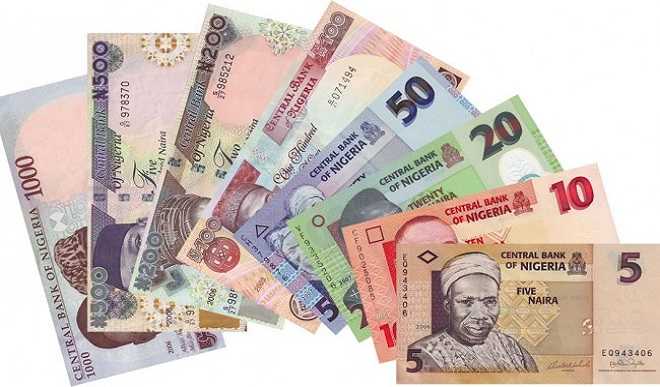Naira falls in parallel market ahead of inauguration
Nigeria’s currency weakened in the parallel market to the lowest level in a year on expectations of a possible change in exchange-rate management after Bola Tinubu takes office as president on Monday.
The naira dropped to N775 per dollar on Friday from N762 the previous day in the unauthorized market in Lagos, said Umar Salisu, an exchange-bureau operator who tracks the data in the nation’s commercial capital.
The currency has weakened steadily in the parallel market since last week after stabilizing for most of this year.
Expectations that the incoming president will push for harmonization of foreign-exchange rates is encouraging currency substitution and a preference for dollars, Aminu Gwadabe, president of the Association of Bureau de Change Operators of Nigeria, said by phone.
Under outgoing President Muhammadu Buhari, whose second four-year term ends on May 29, Africa’s biggest economy has largely operated a multiple-rate regime with a tightly controlled official rate that has little liquidity; and an uncontrolled, unauthorized parallel market, where most residents source their dollar needs.
Tinubu pledged during his campaign to allow more flexibility in the exchange-rate regime, raising expectations he’ll ease government controls and allow the naira to fall.
Absa Group Ltd. projected this month the new leader will likely allow a devaluation of about 15% after he’s sworn in, to alleviate trade imbalances and dollar shortages hampering the economy.
The naira’s official spot rate has also come under pressure this month, weakening to a record N465.07 to the dollar on May 18.
It was trading at N464.60 per dollar at 4:15 p.m. local time on Friday, according to data compiled by Bloomberg.


